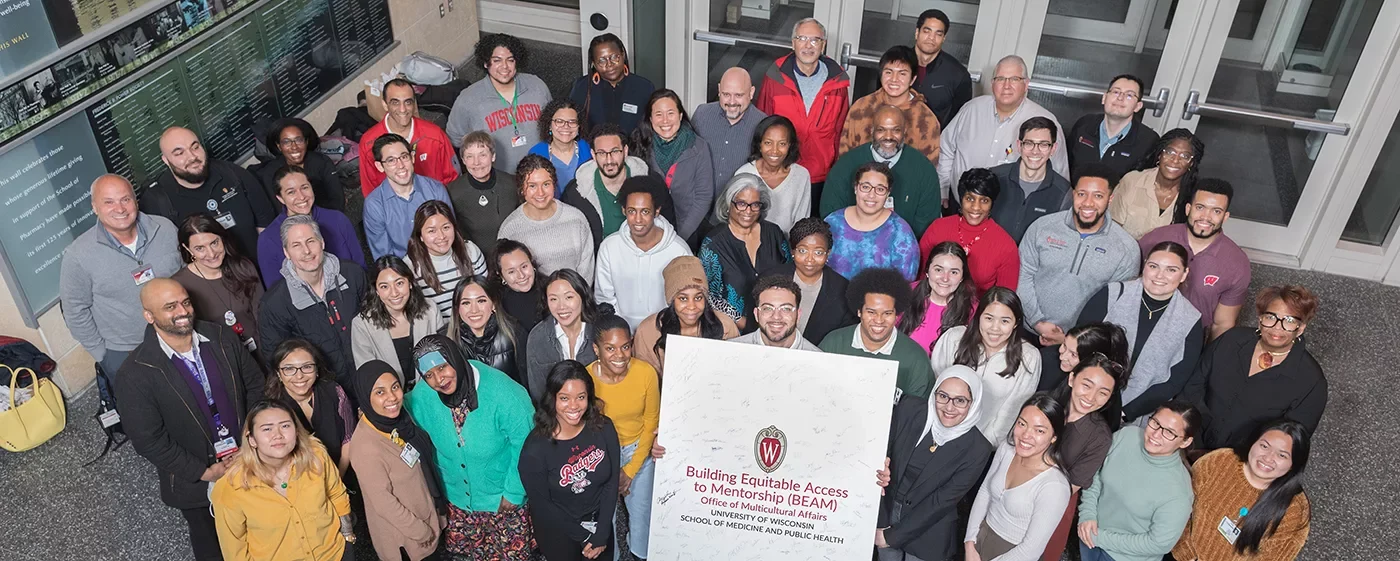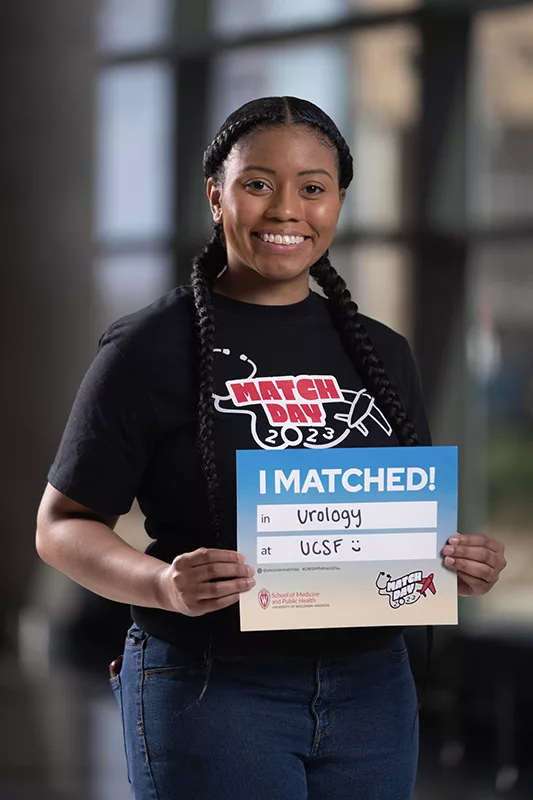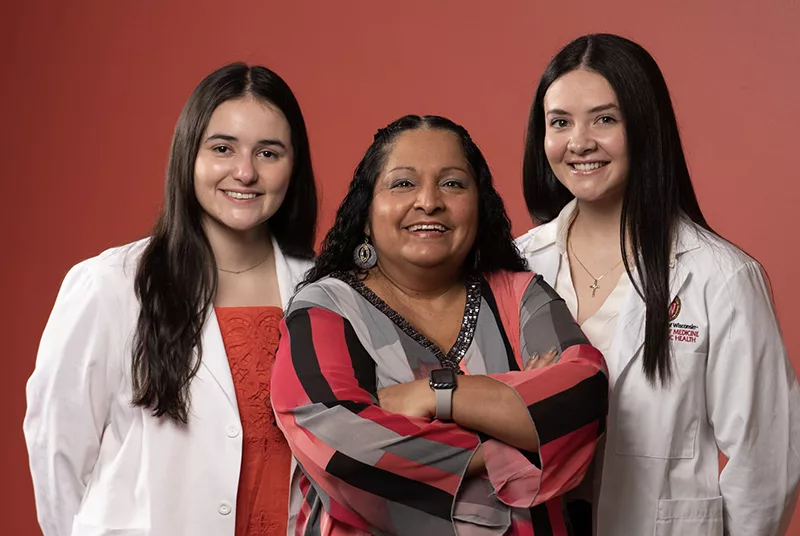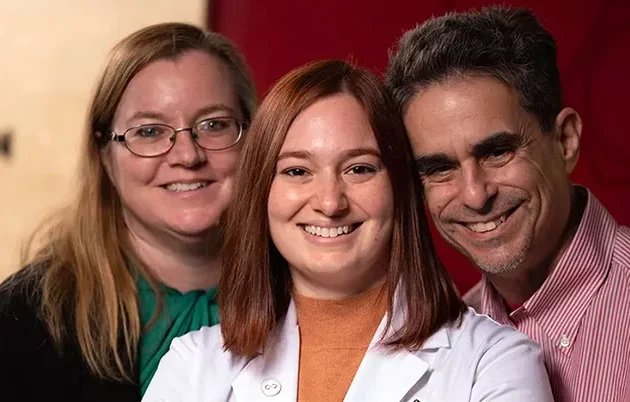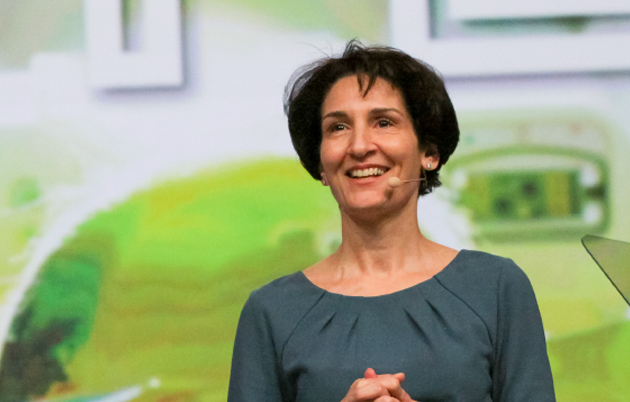The idea for BEAM was conceived in response to feedback in 2018 from students of color — particularly those who identified as Black — who expressed discontent with the lack of connectivity with faculty members and each other, and what they perceived as a somewhat poor school climate, according to Angela Byars-Winston, PhD, the first Black tenured full professor in the Department of Medicine and a national leader in culturally aware mentorship for underrepresented students in the academic sciences.
With support from school leaders in partnership with the Kern National Network for Flourishing in Medicine, Byars-Winston; Christine Sorkness, PharmD, RPh, distinguished professor (CHS), UW School of Pharmacy and UW Department of Medicine; Elizabeth Petty, MD ’86 (PG ’89), SMPH senior associate dean for academic affairs; and Tracy Downs, MD, FACP, former SMPH associate dean for diversity and multicultural affairs, teamed up to address these concerns, and they contributed to the launch of BEAM in 2019. Believed to be the only program of its kind in the United States, BEAM offers competency-based education and resources to faculty scholars who, in turn, serve as mentors for underrepresented in medicine students.
“We decided to develop a program that isn’t about mentoring people into medicine or a career specialty, but instead focuses on mentoring those students of color for cultural awareness and career persistence-staying power with their medical passions — and creating spaces in which they can learn strategies and tactics, and be heard and affirmed in their experiences,” notes Byars-Winston.
More than 130 students and 31 mentors have been involved in BEAM to date, and 2023 marks a significant milestone — the first cohort of mentees will earn their medical degrees in May. Roberson and Love are among them.
Love was paired with Makeba Williams, MD, formerly an associate professor in the Department of Obstetrics and Gynecology, whom Love describes as “the first mentor I had who mirrored myself — a Black woman.”
“I remember Dr. Williams reaching out during pivotal moments in my medical school career,” Love recalls. “I appreciated our check-ins and always felt like I had someone to advise me, if needed, on academic and personal matters, as well as someone who was willing to advocate for me.”
Love also credits Williams with making her transition to Madison easier and more welcoming — even inviting her to Thanksgiving dinner when Love could not make it home to celebrate with her family.
Before becoming BEAM mentors, faculty members complete 10 to 12 hours of evidence-based training that explores multiple mentoring models, case scenarios, and tools to improve mentoring. They complete three self-paced online modules, including one developed by Byars-Winston on culturally aware mentoring, followed by in-person group discussions led by Byars-Winston and Sorkness, who is a nationally recognized leader in mentorship and a National Research Mentor Network principal facilitator for research mentor training.
“We have the privilege of bringing what we know works from our research efforts into the BEAM Program,” explains Byars-Winston. “Mentorship has to be approached with intentionality and cultural responsiveness. The UW School of Medicine and Public Health is racially homogeneous, and being here takes energy besides one’s intellectual and cognitive skills to be a physician. So, we are deliberate about the curricula and about having scripts that help the mentor support the student’s self-efficacy, their motivation for their medical career, and their cultural resilience.”
